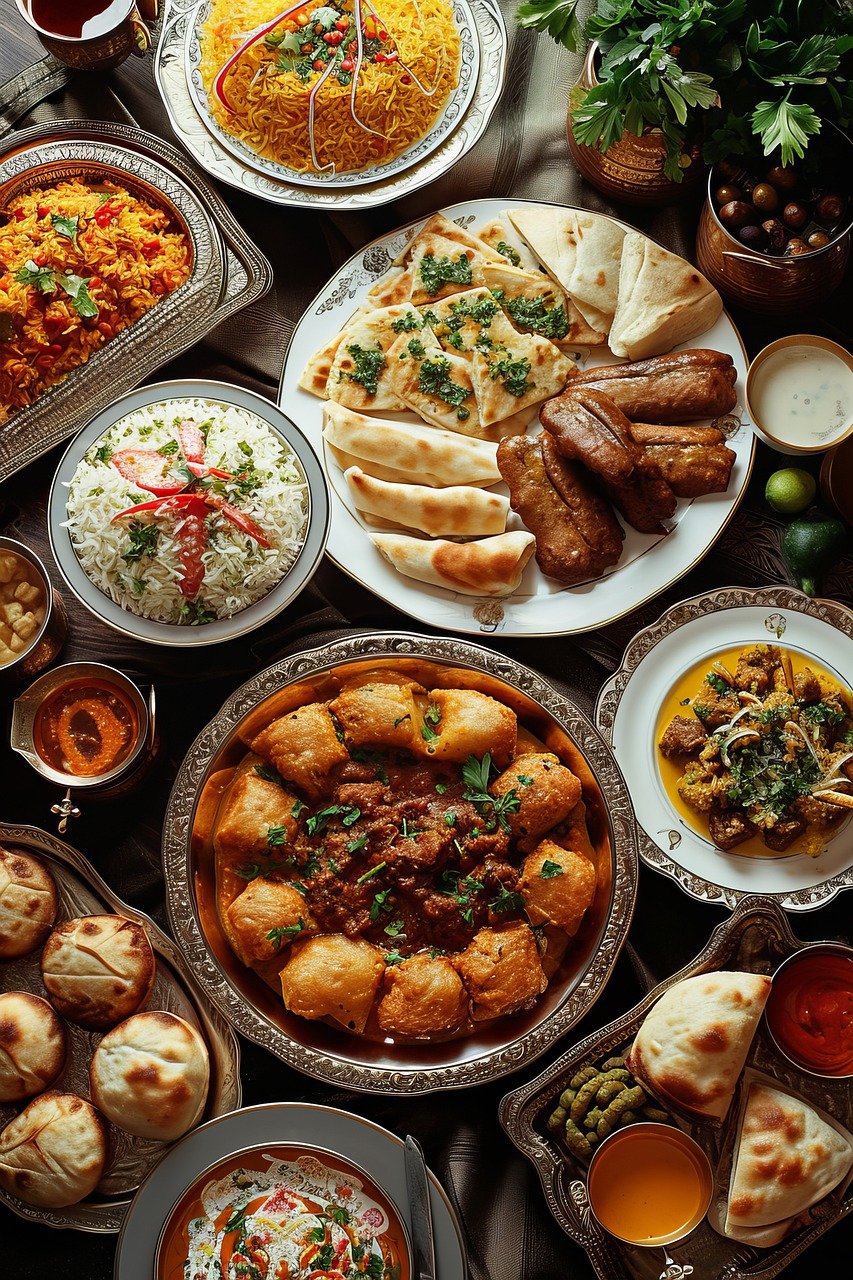Warning: Spoilers ahead! If you’ve already seen the movie, go ahead and keep reading. If you haven’t seen it but don’t mind a few plot details being shared, feel free to continue. However, if you plan to watch the movie and want to avoid spoilers, come back to this post after you’ve seen it!
The Menu was released in 2022 and I finally got around to watching it! I used to be a bit of a cinephile and would keep current with recent releases, but since having children I don’t watch as many non-animated films… I heard chatter about The Menu and was intrigued. The film is suspenseful, tense, well-acted, intriguing, with some violence. If you are sensitive to violence in film, I would not recommend it.
The Menu follows a group of guests who travel to a remote island for an exclusive, expensive dining experience at a prestigious restaurant. As the evening unfolds, the guests quickly realize that the experience is far from what they expected, with the atmosphere growing increasingly tense and unsettling.
The chef begins each course with a monologue and some theatrical flair, initially seeming like an integral part of the dining experience. However, as the evening progresses, it becomes clear that bitterness and resentment have consumed him, tainting his once-passionate devotion to cooking. He alludes to his burnout, reflecting on the immense effort he put into perfecting his craft, only to feel it was undervalued by elite diners. He contrasts the kitchen staff with the guests, framing them as opposites—those who give versus those who take.
The film offers a commentary on the dynamics of the service industry, particularly the relationship between those who serve and their customers, who are often entitled and unappreciative. Each guest embodies a different form of entitlement, lacking gratitude and failing to recognize the humanity of those serving them. The chef clearly dedicated significant time and effort to perfecting his craft. However, in his journey, the chef adopted a worldview in which people become objects, to use or be used. He used himself to gain praise and affirmation, while allowing himself to be exploited by those around him.
St. John Paul II in Love and Responsibility writes about the detrimental effects on a society that sees human persons as objects. It leads to a rather bleak perspective, which was evident in The Menu. The Catholic vision of the person declares that persons can never be a means to an end, but are an end unto themselves. This understanding protects persons from being used, discarded, and discounted.
The human person is designed to be given and be received. When this does not happen as it should, particularly in one’s family of origin, it can lead to deep wounds. As Catholics, we are called to give, not count the cost, and not expect a reward. When a gift is given with an expectation of a particular response, it is not a gift freely given. For the chef, his passion was closely tied to a need for approval and affirmation from others. When those desires went unmet, he began to feel resentment toward those who did not appreciate his gift in the way he had hoped.
I found myself relating to the chef in some ways. There’s something deeply frustrating about pouring time, energy, and passion into something, only to have the results go unappreciated or overlooked. It’s easy to feel disheartened, especially when you’ve invested a lot. I’ve had moments in my own life where I set specific expectations, only to feel disappointed or even resentful when those expectations weren’t met. Over time, though, I’ve come to realize that these feelings often point to something deeper. It’s usually not about the external situation; it’s often about what’s going on within me, and how my expectations may have been shaped by past experiences. Recognizing this has helped me shift my perspective and understand that the root of my frustration often lies beneath the surface, in places that need healing or attention.
When we confront deeper wounds—such as fears of abandonment, unmet longings, or a need for affirmation—our gifts become truly free. If someone is unresponsive or unappreciative of what we offer, it no longer leads to resentment, but sparks curiosity about the other person’s barriers to receiving. This creates an opportunity to heal relationships and invite others into deeper self-reflection.
The Menu serves as a dark, thought-provoking commentary on the consequences of a worldview that reduces people to mere objects to be used or exploited. The chef’s journey from passionate devotion to bitter resentment highlights the dangers of seeking affirmation and validation from others, rather than finding fulfillment in the act of giving itself. His struggle reveals the importance of understanding our deeper emotional wounds—those unmet needs and desires that shape our reactions and expectations.
From a Catholic perspective, the true nature of a gift is found in its selfless giving, without the anticipation of reward or recognition. When we offer ourselves or our talents freely, without attachment to the response, we can experience a freedom that transcends the immediate circumstances. If someone does not receive our gift in the way we expect, instead of resentment, we can cultivate curiosity and compassion, seeking to understand their own barriers to receptivity. This shift in perspective not only fosters personal healing but also opens the door to more genuine, meaningful relationships, where both the giver and the receiver are seen as ends in themselves, not means to an end. Ultimately, The Menu challenges us to reconsider our own motives and expectations, inviting us to a deeper, more authentic way of relating to others and to the gifts we offer.
